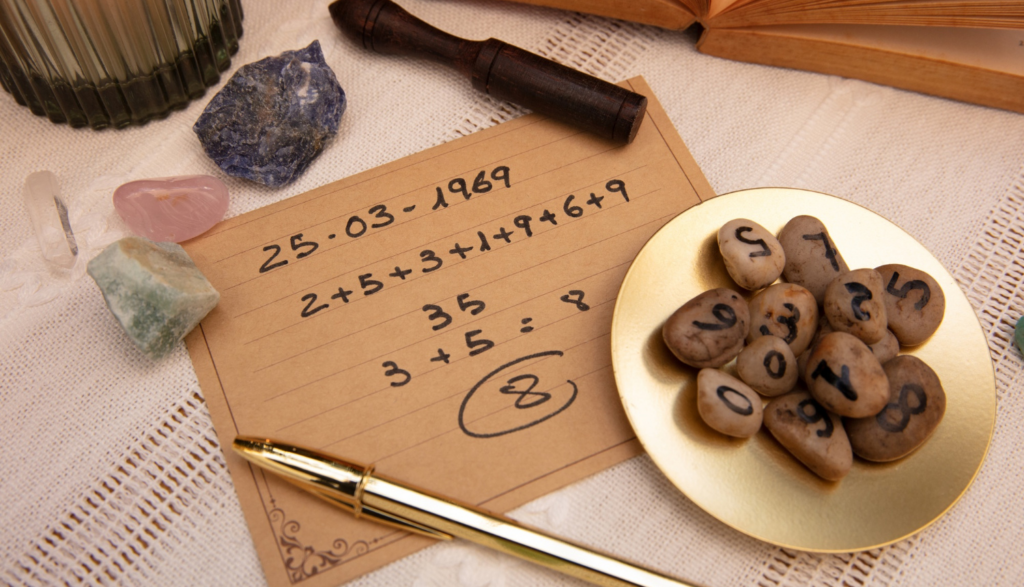The I Ching, also known as the “Book of Changes,” is one of the oldest and most revered texts in ancient Chinese culture. Dating back over 3,000 years, this classic work serves as a manual for divination, philosophy, and cosmology, profoundly influencing Chinese thought and society.
At its core, the I Ching is based on a binary system of 64 hexagrams, each composed of six lines that can be either broken (yin) or unbroken (yang). These hexagrams represent various states and processes of change, encapsulating the dynamic balance of opposing forces in the universe. This duality of yin and yang is central to Chinese cosmology, symbolizing the interplay of opposites and the inherent harmony in the universe.
The method of consulting the I Ching involves casting yarrow stalks or coins to generate a hexagram, which is then interpreted for guidance. This practice underscores the ancient Chinese belief in the interconnectedness of all things and the cyclical nature of time and existence. By understanding the patterns of change and the natural order, individuals can make informed decisions and align themselves with the flow of the cosmos.
Numbers play a critical role in the I Ching, reflecting the ancient Chinese fascination with numerology. The hexagrams are constructed from two trigrams, each representing fundamental elements and natural phenomena. The numbers three and two are especially significant, corresponding to the principles of yang and yin, respectively. The combination of these trigrams yields 64 unique hexagrams, symbolizing the myriad possibilities of life’s transformations.

The I Ching’s influence extends beyond divination. It has shaped Chinese art, literature, medicine, and governance. Confucius and other prominent philosophers have studied and commented on its wisdom, integrating its concepts into broader ethical and metaphysical frameworks. The text’s emphasis on balance, harmony, and the natural order has permeated Chinese cultural and intellectual traditions, leaving an indelible mark on the development of Chinese civilization.
Related: Master Numbers and Their Role in Achieving a Harmonious Life
In modern times, the I Ching continues to captivate scholars and spiritual seekers worldwide. Its emphasis on balance, adaptability, and the cyclical nature of change offers timeless insights into the human condition and the universe’s workings. The I Ching’s holistic approach to understanding life and the cosmos resonates with contemporary interests in holistic and integrative perspectives.
In conclusion, the I Ching stands as a testament to ancient China’s profound engagement with the power of numbers and the mysteries of change. Through its intricate system of hexagrams and trigrams, it provides a unique window into the philosophical and spiritual depths of one of the world’s oldest civilizations. The I Ching remains a vital source of wisdom, offering guidance and inspiration to those who seek to navigate the ever-changing currents of life.





















